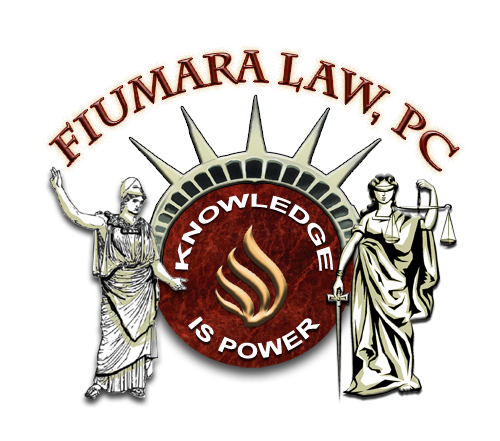THE FIRST RULE TO FOLLOW AFTER AN ARREST: REMAIN SILENT EXCEPT TO REQUEST AN ATTORNEY
When you are arrested, the police must immediately “read you your rights,” which is to say, you must be informed that you have the right to remain silent, that anything you say may be used against you in a court of law, and that you have the right to an attorney.
Let’s emphasize something: anything you say will in all probability be used against you in a court of law even if the police later suggest during an interrogation that it won’t. All too often after an arrest the cops will use well-honed tactics to get an arrestee to talk.


Your best advice is to request an attorney and say nothing else.
Under the law, once an arrestee invokes the right to remain silent and requests an attorney, the police are supposed to cease their questioning. Any response or statement made by the arrestee to further police questioning is evidence that is violation of the law and can be suppressed (i.e., not admitted in evidence).
But in reality, what often happens is the police will manage to strike up a conversation with the arrestee and the arrestee will take the bait and engage in conversation with the police.
Even if an arrestee says something like “I am not talking” and indeed remains silent, but then later responds—even in a limited way— to police questioning, it may be considered a waiver of the right to remain silent.
In short, an arrestee must affirmatively and clearly state that he or she wishes to remain silent and moreover, do just that: Remain silent (with the exception of requesting an attorney).


Similarly, an arrestee’s request for an attorney must be unambiguous. The courts have held that statements made by an arrestee such as: “Maybe I should talk to a lawyer” or “I think I would like to talk to a lawyer” are not unambiguous requests for counsel and any responses made by the arrestee to police questioning after these ambiguous requests are admissible in court.
The courts hold that a request for counsel should be sufficiently clear so that a reasonable police officer would understand that the arrestee is requesting an attorney. It is enough just to say, “I am requesting an attorney.” If the police continue to question the arrestee, that statement should just be repeated, nothing more.
Arrestees frequently abrogate their rights for a variety of reasons. Some arrestees are innocent of the crime for which they are arrested and think they can convince the police of this, others are tricked into talking, and still others think they will get lenient treatment if they cooperate.


If an arrestee wants to talk, the ONLY time he or she should make any statements to the police is when an attorney representing his or her interests is present.
If you have any questions regarding any criminal matter in the North Bay, please feel free to call Fiumara & Milligan Law, P.C. IMMEDIATELY at 707-571-8600 OR 415-492-4507 so that we can advise you of your rights!


